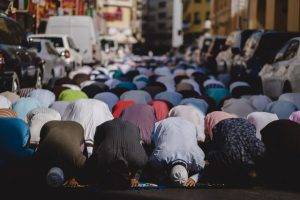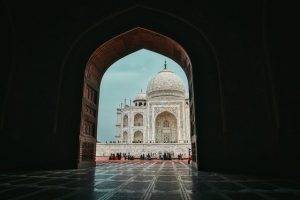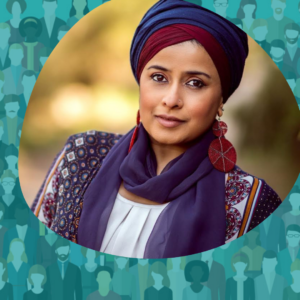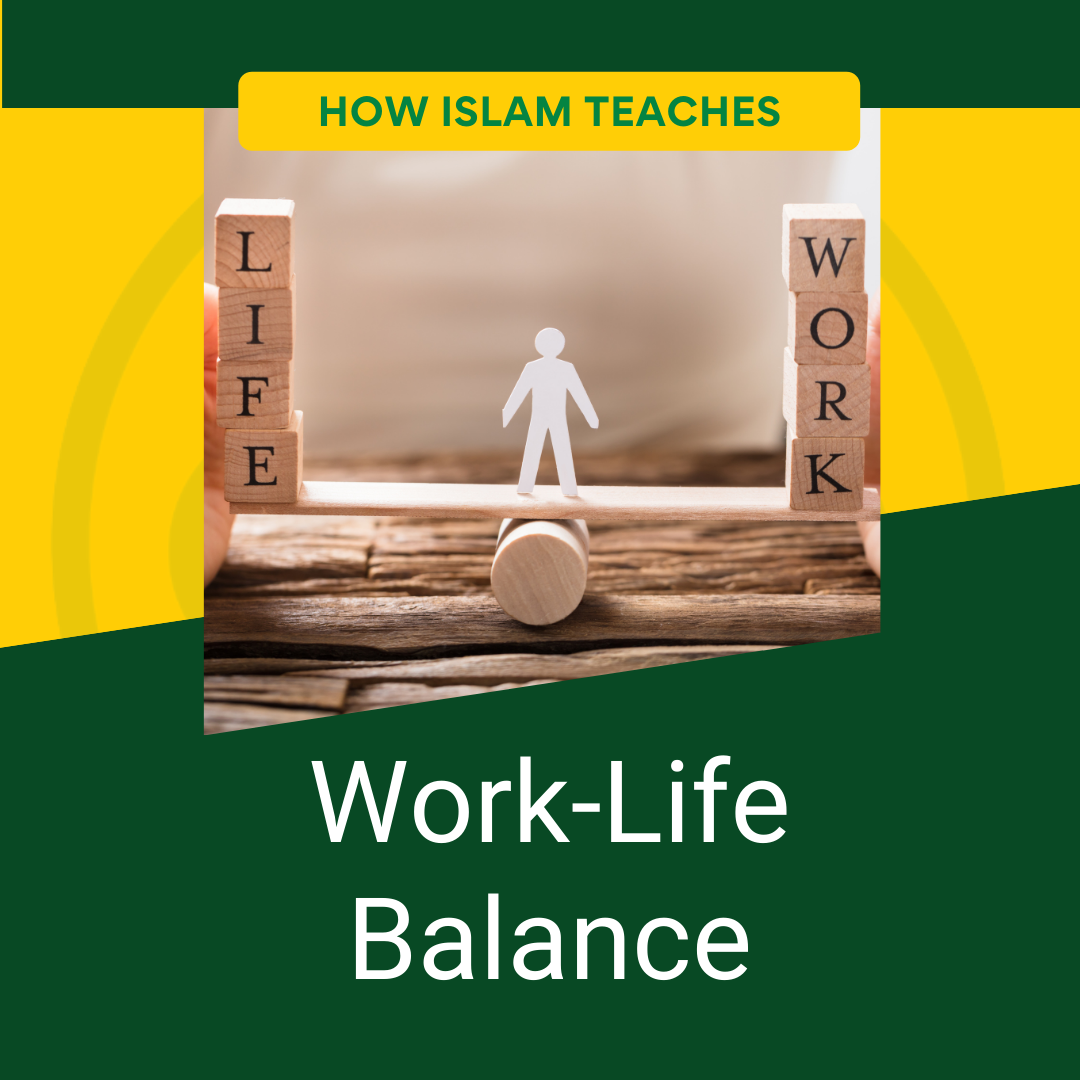It is an uncomfortable truth.
When discussing a Muslim’s place in Australia, it always comes down to integration.
Is there a clash of values between Islam and Australia?
Can you be loyal to Islam as well as Australia?
 This is the concern riding a continuous debate that has led to a vast number of the Australian population concluding that Muslims can’t really be Australian. Because of this, Muslims continue to experience higher levels of prejudice and discrimination. Apparently, there seems to be an assumption that there is a clash of values when it comes to Islam and Australia.
This is the concern riding a continuous debate that has led to a vast number of the Australian population concluding that Muslims can’t really be Australian. Because of this, Muslims continue to experience higher levels of prejudice and discrimination. Apparently, there seems to be an assumption that there is a clash of values when it comes to Islam and Australia.
But what does it even mean to be Australian?
There is disparity in this term that runs deeper than the roots of civilisation within Terra Australis. Many who now call this vast land home, forget that their ancestors were a cause of disruption to the cultures of the place they inhabited. Since then, there have been great efforts to establish equality and freedom and embrace multiculturalism at the grassroots level. A work still in progress. Nonetheless, there is still progress.
This is what Australia is commended for and this is why so many people want to, in the words of Peter Allen, “…call Australia home”.
 A simple google search of ‘What it means to be Australian’ showcases a divided population. There are those who acknowledge that migrants bring with them valuable skills and valued cultures. And then there are those who believe that Australia has no place for change.
A simple google search of ‘What it means to be Australian’ showcases a divided population. There are those who acknowledge that migrants bring with them valuable skills and valued cultures. And then there are those who believe that Australia has no place for change.
Could it be that there is a misunderstanding of the meaning of integration, and is it being confused with assimilation?
Historically, sociologists described the term integration through the concept of assimilation. To become integrated into a society, you had to adopt the dominant culture of that society.
On the contrary, there were scholars who maintained that integration was possible without foregoing the ethnic identities and values that migrants bring with them to their new place of residence. Assimilation is generally defined as adopting the ways of another culture and completely becoming part of a different society. Whereas integration is the amalgamation of people from different groups into a unified society as equals. The difference is subtle but significant.
His Holiness, Hazrat Mirza Masroor Ahmad, the fifth Caliph of the Ahmadiyya Muslim Community explains:
“True integration is to love the country in which you live and to be completely loyal to it. Thus, all immigrants should be loyal to their adopted nation, they should truly love it, they should honour it, they should be law-abiding and work for its prosperity and progress. This is integration.”
In order for true integration to occur, it is expected that migrants contribute to their surrounding society. This can be done by three aspects of integration; social integration, economical integration, and of course their identity.
There is however disparity in how much of each aspect one must contribute in order to be deemed a virtue of integration. Economically, people want the contribution of immigrants, however, they desire assimilation to occur in regards to their identity and social habits and values. Why is this so?
 Social integration is a process of largely agreeing on a shared system of meaning, language, and culture. This doesn’t mean that differences aren’t’ present. However, there are rules and regulations in place in order for the efficient operation of society. Examples are road rules, polite behaviour and conversation, and consequences to actions that are deemed unlawful and unjust within Australia.
Social integration is a process of largely agreeing on a shared system of meaning, language, and culture. This doesn’t mean that differences aren’t’ present. However, there are rules and regulations in place in order for the efficient operation of society. Examples are road rules, polite behaviour and conversation, and consequences to actions that are deemed unlawful and unjust within Australia.
Everyone does their part for humanity and this forms an individual’s connection with the community. However, this doesn’t mean for instance that one has to forego their native language or cultural clothing.
Integration does not mean forced assimilation.
With a clearer understanding of these terms, it is fair to say, that negative sentiments towards Muslims in Australia stem from a fear that their mere integration into society is not enough and they, therefore, must assimilate. This fear unduly rises due to large-scale misunderstandings of Islamic values.
So how do we remain a cohesive society and avoid conflict when we each have our own individual identities?
Only a glimpse into the defining principles of the Sharia Law would uncover that, for Muslims, Islam provides a very proactive approach to becoming a contributing member of society.
The Holy Quran contains more than 700 commandments to establish and fulfil the rights of not only God but all of mankind. When God states that we must fulfill the rights owed to Him, He also states that we can’t claim to achieve those rights unless we also fulfill the rights owed towards His creation.
These teachings and values cover all aspects of our daily lives, looking after our elders and those younger than us, our neighbours, orphans, and widows. The most significant providence is that  these values are universal – for all of mankind, irrespective of any nation, any country, or ethnicity even.
these values are universal – for all of mankind, irrespective of any nation, any country, or ethnicity even.
The purpose is to instil and promote inter-religious harmony and acceptance of others and provide clear guidelines that uphold peace in society.
The only way to do this is to understand that as Australians, and firstly humans, we are one, but we are many.
Islamic founding principles emphasise that we are all equal; these are also Australian values.
Any differences that are present between us, are for our own benefit. So that we can incorporate the good of each other for the betterment of society as a whole.
The contributions of various civilisations provide value on more than an individual level. They have constructed societies and nations and progressed humanity.
The Romans are well known for establishing political and social structures. The Greeks are known for their contributions to the understanding of philosophy and ethics. And, those from the Orient are well-known for their scientific knowledge and contributions in the areas of maths and medicine.
 However, it is not to deny that in every religion or faith, there are people who falsely justify their own inappropriate, unjust, and extremist actions. However, it would be unjust to appropriate these people with an entire faith and make factually incorrect statements.
However, it is not to deny that in every religion or faith, there are people who falsely justify their own inappropriate, unjust, and extremist actions. However, it would be unjust to appropriate these people with an entire faith and make factually incorrect statements.
As Islam is a universal religion, its values are compatible with the values of any country where a Muslim may be living. Therefore, the values one brings forth into a society should be for the greater good.


